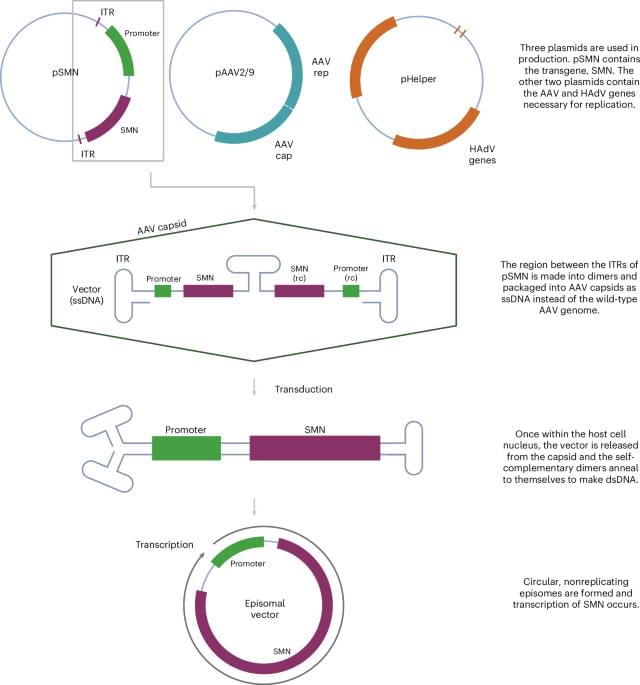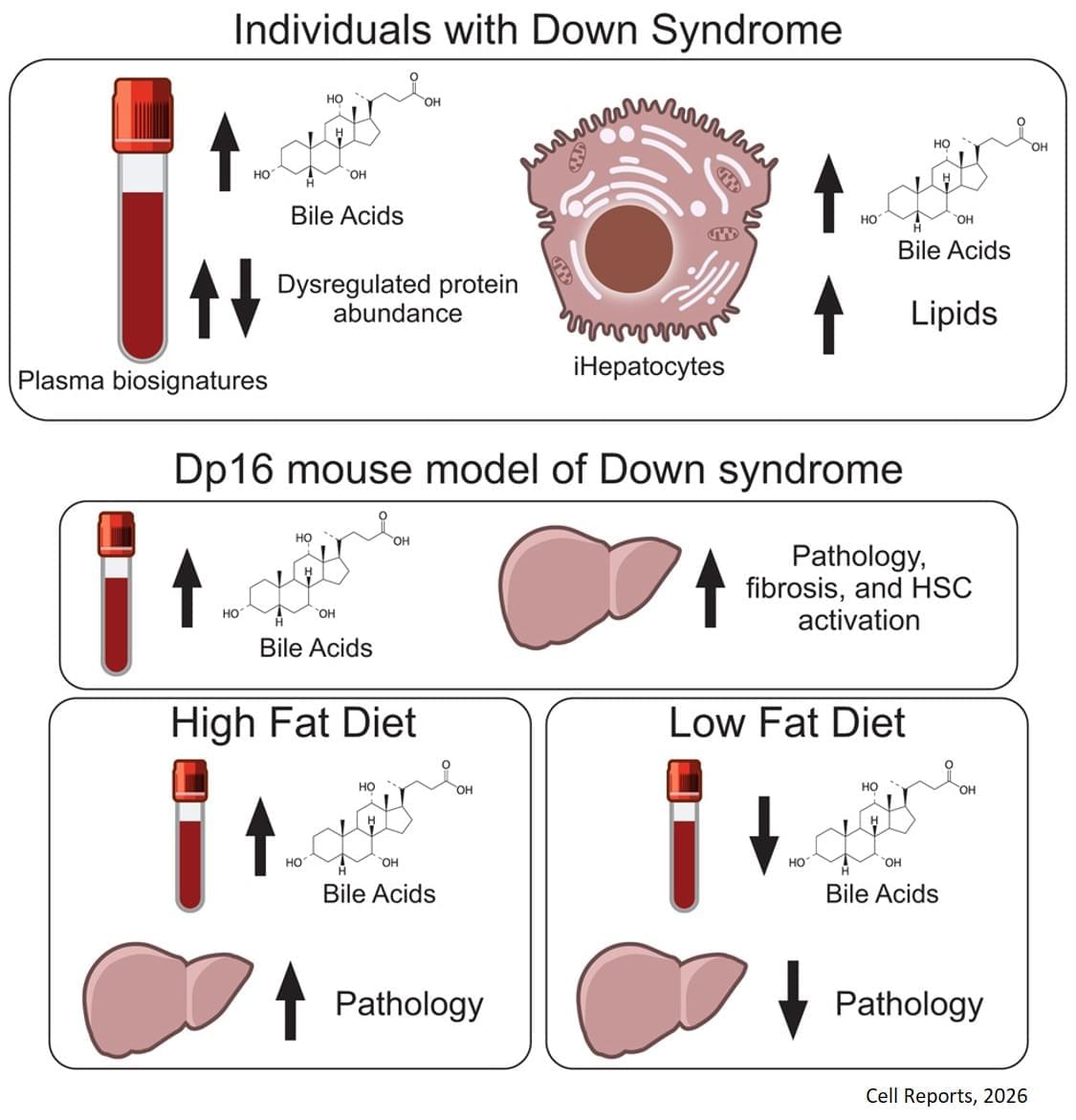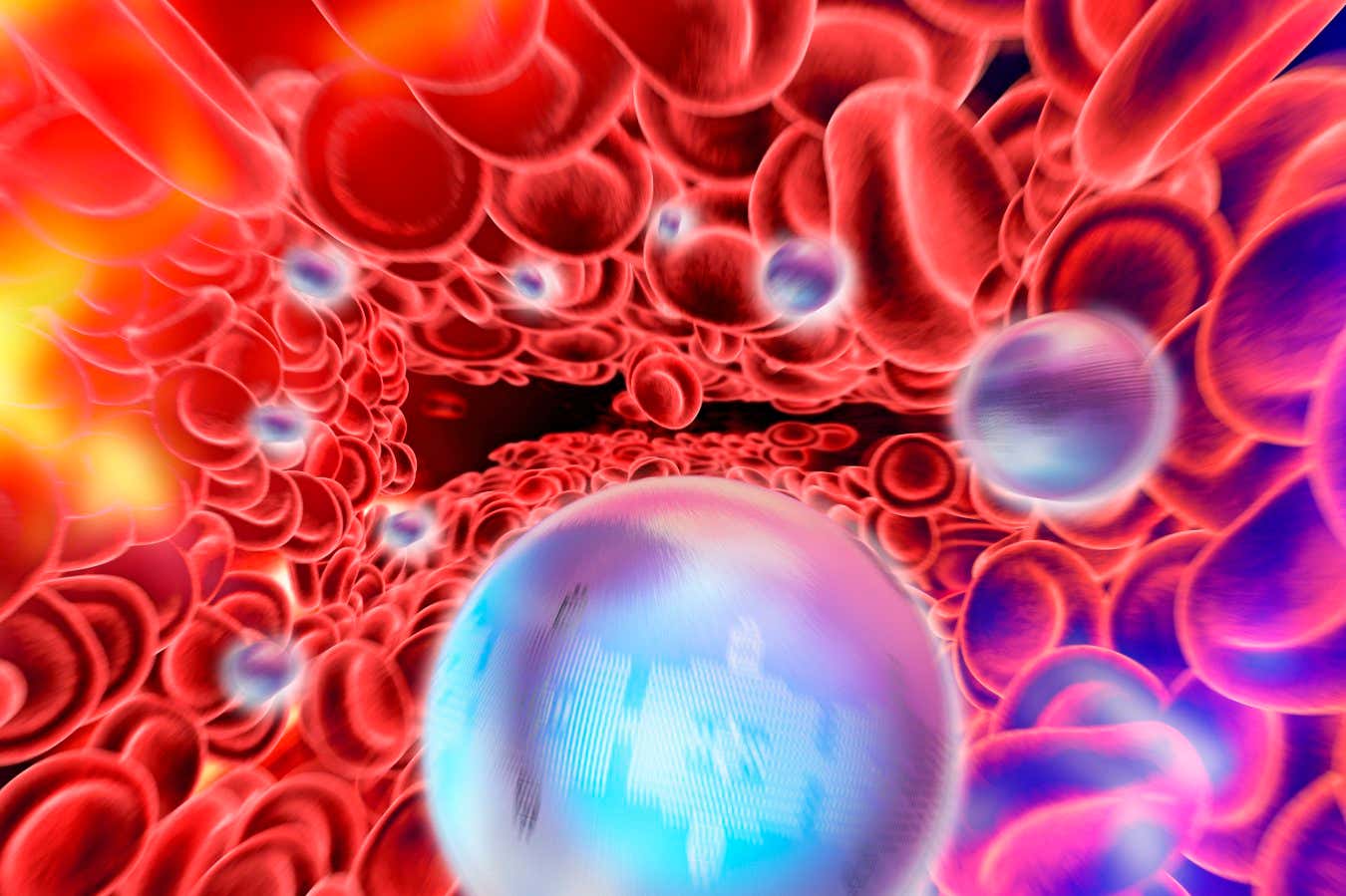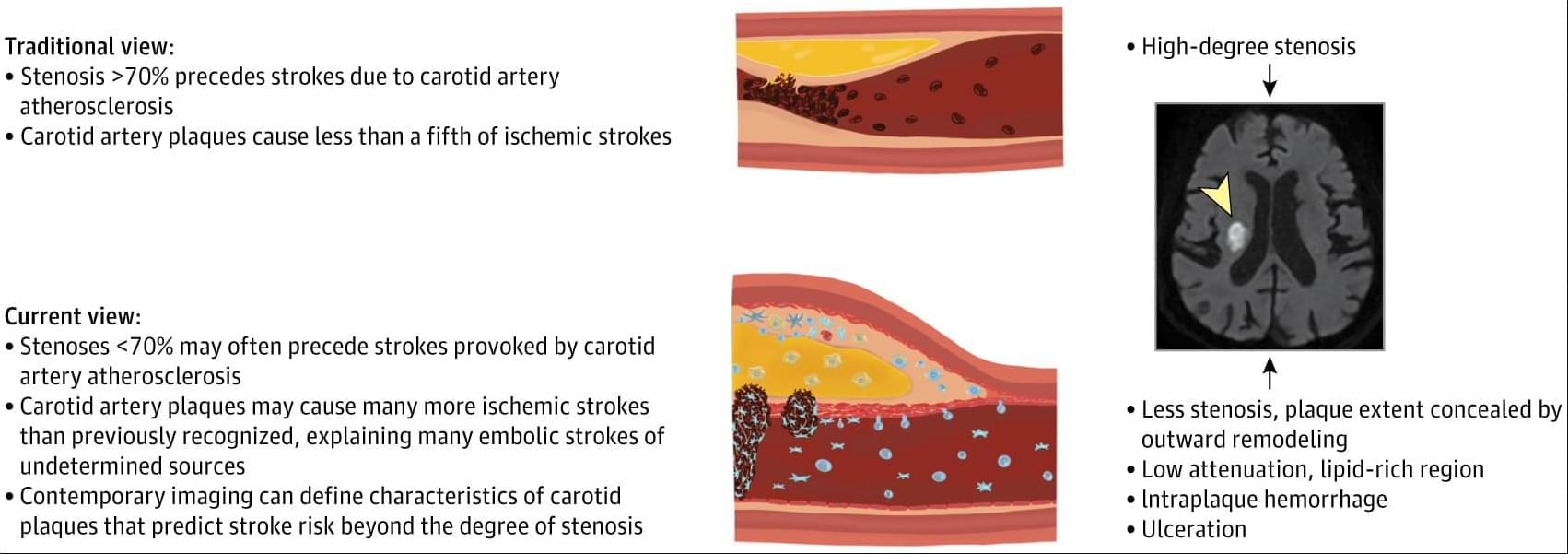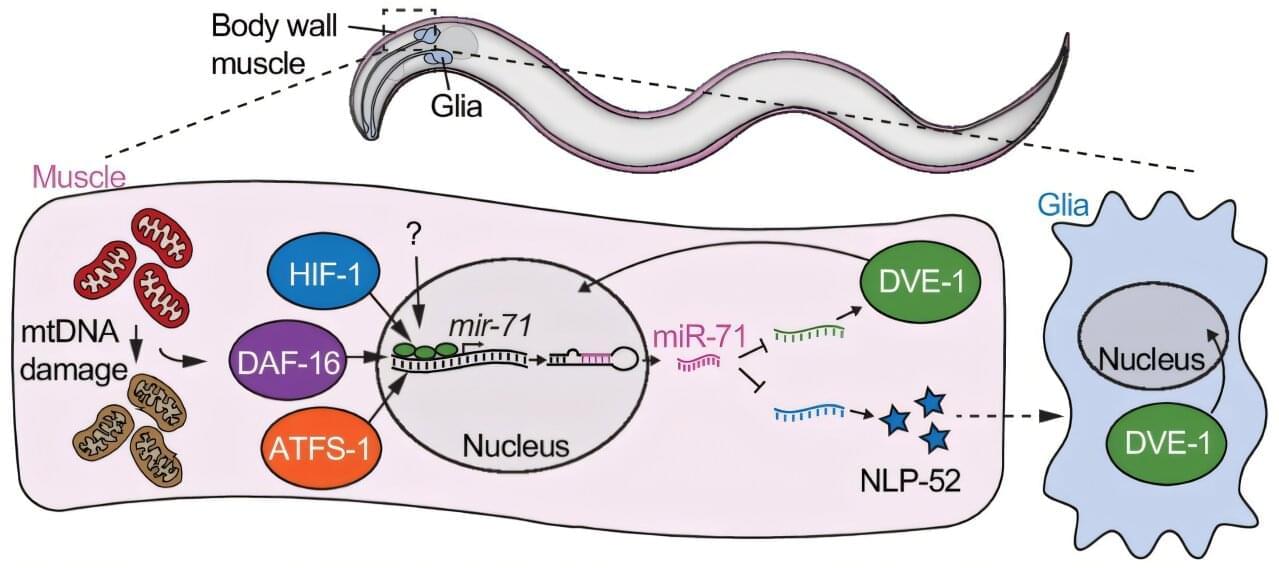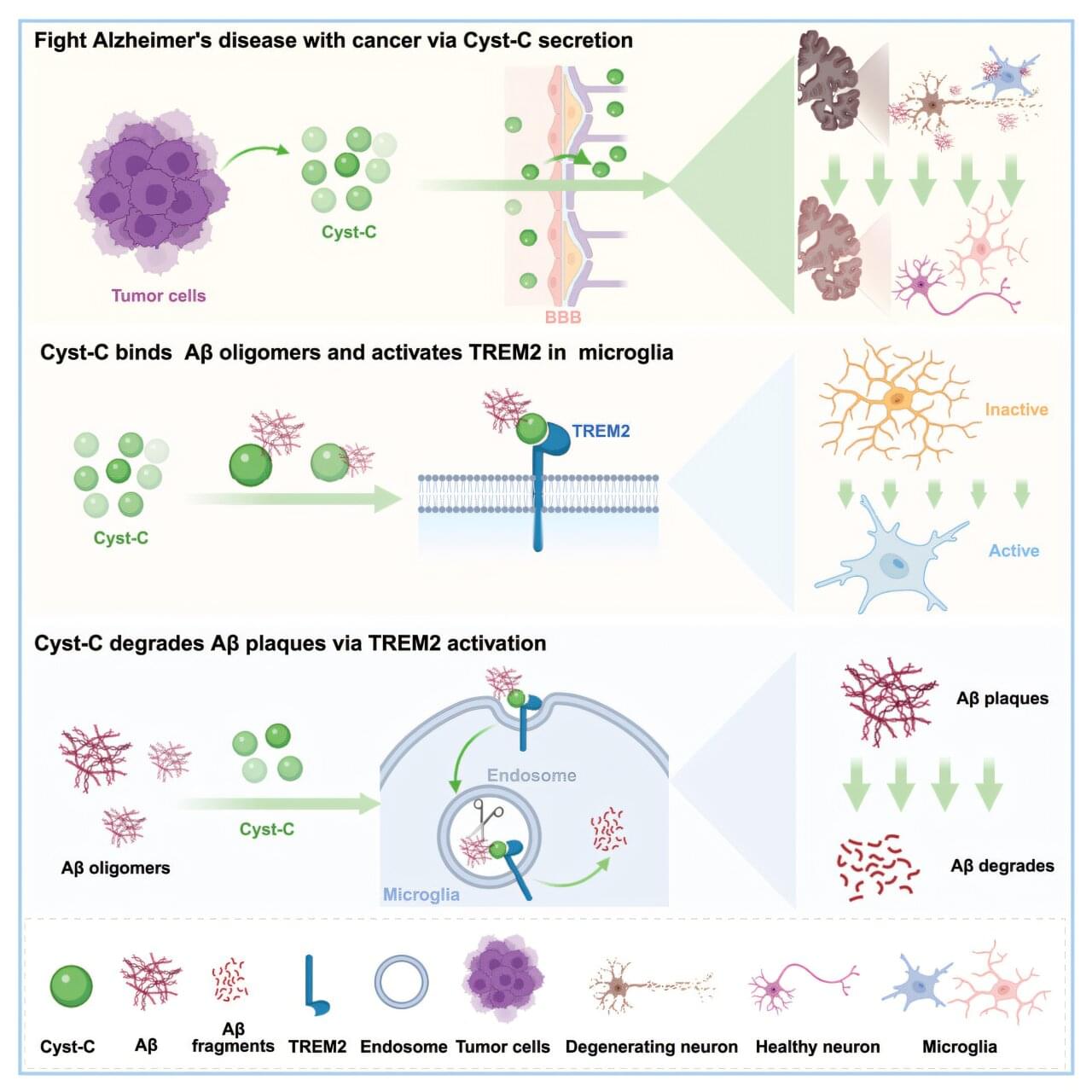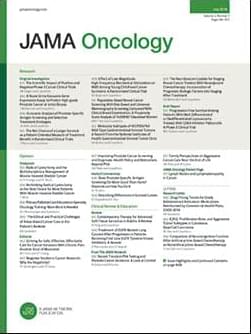Editorial: Metastatic recurrence nearly triples mortality risk in Breast Cancer among young adults and increases death risk in sarcoma and colorectal cancer—highlighting the need for earlier detection and novel treatments.
Survivors of adolescent and young adult cancer (aged 15 to 39 years at diagnosis) are a large and growing population at risk for early mortality, with death due to primary cancer recurrence/progression a large contributor to increased mortality among survivors.1-3 In JAMA Oncol ogy, using linked data between the California Cancer Registry, Kaiser Permanente Northern California, and the Department of Health Care Access and Information, Brunson and colleagues4 report on patterns of metastatic recurrence among adolescents and young adults with cancer and compare the risk of death between those with metastatic recurrence and those with metastatic disease at diagnosis. These data provide valuable insights into the burden of metastatic disease among adolescents and young adults with cancer and identify cancer types for which adolescents and young adults face high risk for metastatic recurrence and associated mortality. Findings largely parallel trends in metastatic recurrent disease incidence and mortality among populations with broader age ranges, with some notable exceptions.
In this analysis, Brunson and colleagues4 found that 9.2% of adolescents and young adults had metastatic disease at diagnosis and 9.5% had metastatic recurrence, with the incidence of metastatic recurrence differing by cancer type. These findings have important implications for prognosis, treatment planning, disease surveillance, and survivorship care. Despite a 5-year overall survival of 86% for cancer in adolescents and young adults, a critical unmet need remains for those who do not reach long-term survival.5 Future efforts should prioritize understanding biologic mechanisms driving metastasis, identifying novel therapeutic targets, improving monitoring of minimal residual disease, and addressing disparities in treatment access and adherence, particularly for cancers that present with metastatic disease or have a high risk for metastatic recurrence.
Notably, the 5-year cumulative incidence of metastatic recurrence was highest for adolescents and young adults with sarcoma and colorectal cancer, at 24.5% and 21.8%, respectively. Additionally, compared to having metastatic disease at diagnosis, metastatic recurrence was associated with approximately 1.5-fold increased risk for mortality among adolescents and young adults with sarcoma and colorectal cancer. Compared to other common cancer types for this age range that have seen improvements in 5-year survival across recent decades, improvements in sarcoma survival have been muted, particularly among older adolescents and young adults.5, 6 Findings from the current study demonstrate that, in addition to poor prognosis compared to other cancer types, adolescents and young adults with sarcoma face a high burden of metastatic disease at diagnosis and high incidence of metastatic recurrence associated with increased risk of mortality.
